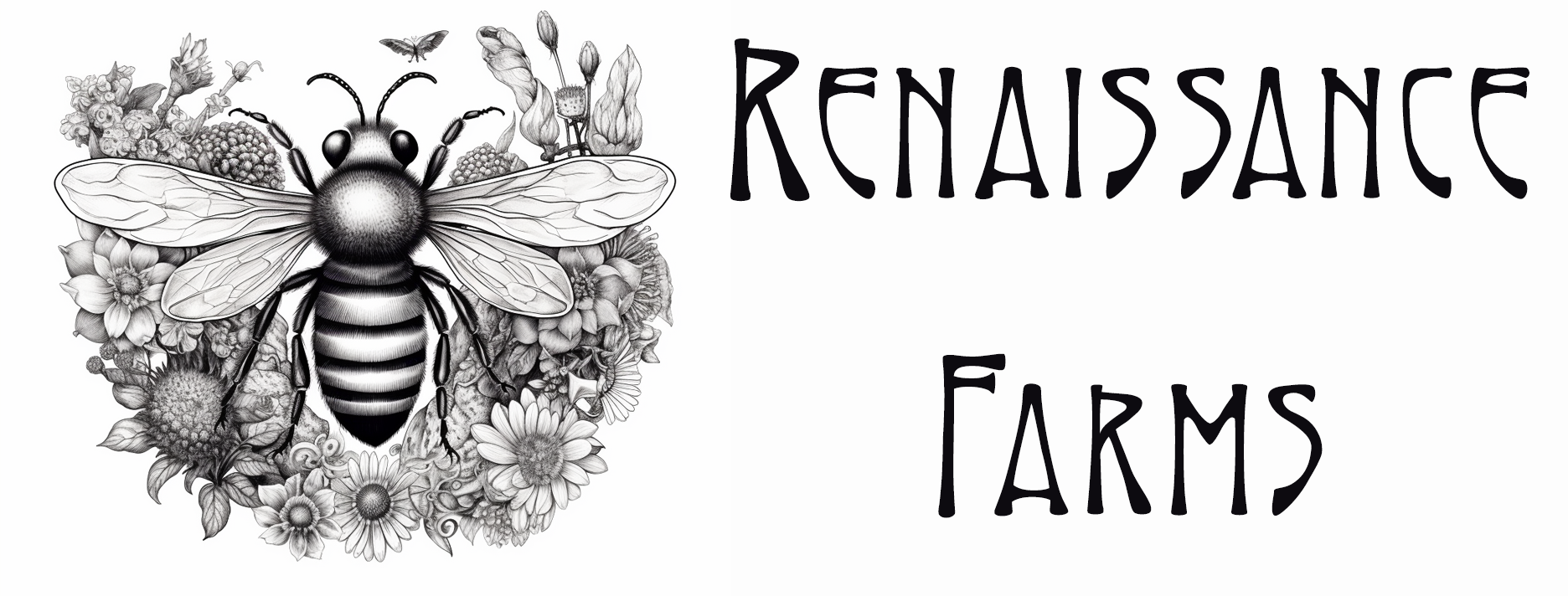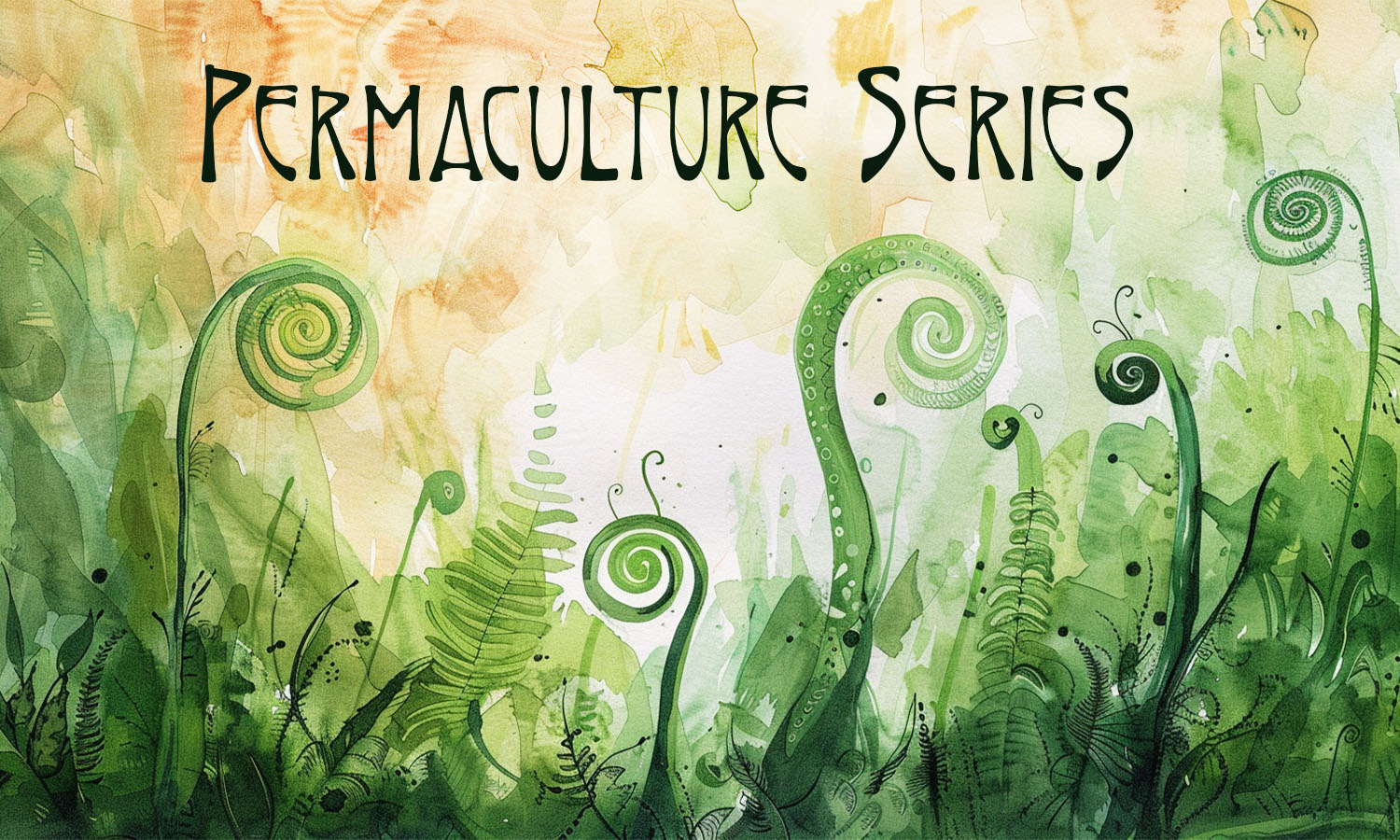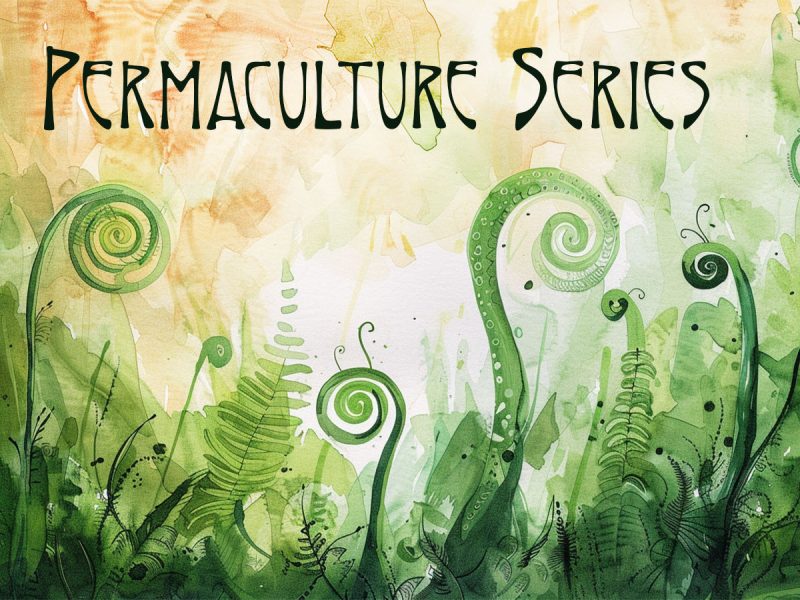Let us Begin.
The whole world is in crisis. Economies are failing, wars are raging, the climate is shifting quickly, governments are becoming more isolationist. People everywhere are suffering. And the suffering goes much farther today than it has done in a long time. Impoverishment has grown in the post-pandemic time.
We need solutions that ease pressures on people and on Nature. Permaculture proposes a solution to ease those pressures. Additionally, permaculture aims to return a surplus for all stakeholders, creating a regenerative, holistic system.
Let’s take a look.
The Prime Directive of Permaculture
“The only ethical decision is to take responsibility for our own existence and that of our children. Make it now.”
Bill Mollison, “Permaculture: A Designer’s Manual
Permaculture Ethics
Care of the Earth (Environment, Nature, Creation, Gaia)

Our planet is the source of life. All life is interconnected and interdependent through her. We need to care for her so that, together, we can continue to sustain life. Maintenance is no longer an option. At this time, we need regenerative solutions to repair the damage that has been done in recent generations.
Care of People

Care of people principles were originally based on the function of religious and co-operative communities. This will be a familiar concept to many. Take a look, for instance, at a Benedictine community. Tasks are divided equitably based on each individual’s current level of development and unique talents (or to further develop a needed area of strength). All work is interdependent and aimed at the good of the community as a whole. This system values diversity and places equal importance on each member’s contribution to the community. Development of the Inner Person is an integral part of work. Intellectual and spiritual growth are necessary to the health of the individual as well as the community. The work also produces a yield that should not only sustain the community, but keep it growing and evolving. Lastly, elders are valued as a wisdom and knowledge resource, cared for with love and honour.
Fair Share (Balance)
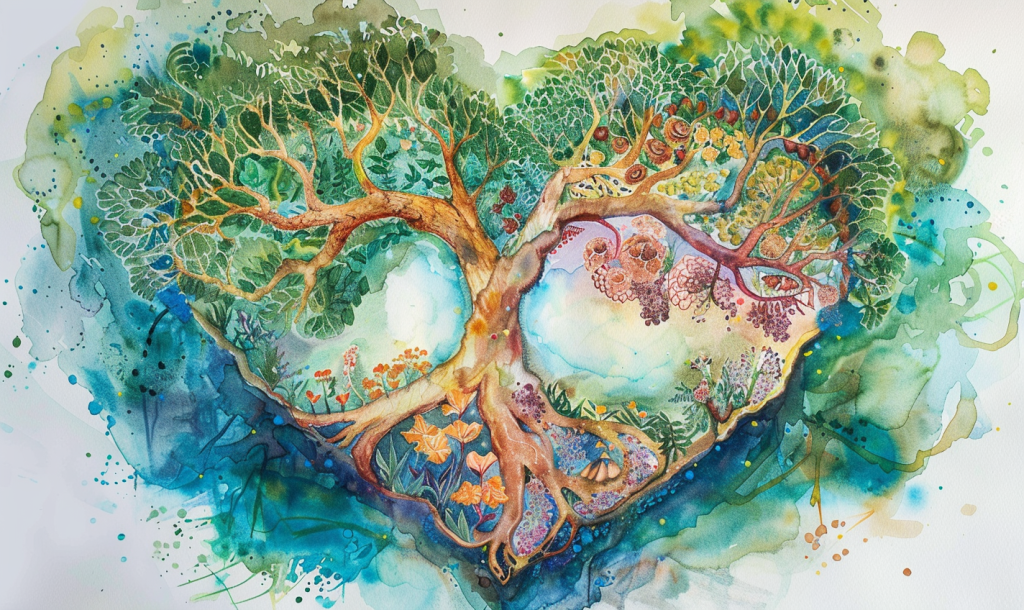
Fair share involves setting reasonable limits to consumption and returning surplus equitably to all stakeholders, I.e. all life on Earth. As previously stated, maintenance simply isn’t an option any longer. For the foreseeable future, we need to work regeneratively in order to restore balance to the system. Future generations will, hopefully, be able to return to a sustainability model.
Permaculture Principles
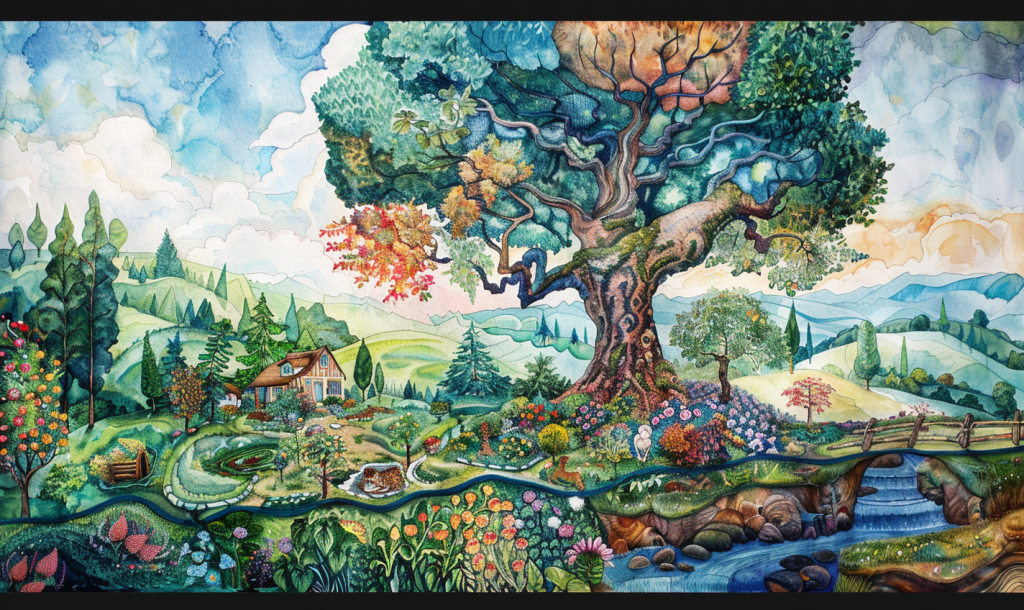
There are several principles that permaculturists follow in order to adhere to these ethics. Most are approached in terms of environmental design. However, these can also be applied to personal decision-making and to social structures of any description. Throughout the series, we’ll explore both domains. It is evident to me and to many others that there is a great need for social reform that integrates with environmental reforms.
Principles have evolved somewhat over the years, as circumstances and our understanding have evolved. Let’s have a look at what we’re working with from each of the co-originators of Permaculture, Bill Mollison and David Holmgren.
Mollison’s Principles
- Work With Nature Rather than Against It
- The Problem is the Solution
- Make the Least Change for Greatest Impact
- The Yield of a System is Theoretically Limitless
- Everything is Connected/Everything Gardens
Holmgren’s Principles
- Observe and Interact
- Catch and Store Energy
- Obtain a Yield
- Apply Self-Regulation and Accept Feedback
- Use and Value Renewable Resources
- Produce No Waste
- Design from Patterns to Details
- Integrate Rather than Segregate
- Use Small and Slow Solutions
- Use and Value Diversity
- Use Edges and Value the Marginal
- Creatively Use and Respond to Change
Hallmarks of a Permaculture Design
A Permaculture design is:
- Intensive rather than extensive
- Diverse (cultures, cultivars, species, yields, habitats, functions, etc)
- Integrated
- Adaptable
- Regenerative
And it also:
- Mimics Nature (characteristics, behaviours, relationships)
- Makes use of wild and native resources
Practice
This week, take stock of how you live. List the ways in which you are successfully meeting the ethics and principles above: and ways in which you can improve. Think about how your life might change as you come more aligned with these ethics and and principles. Be honest about the potential challenges posed by these changes as well as the rewards. Keep a notebook of changes you’re making and observations about those changes.
This can be an excellent project to work on with your family as well.
Links and Resources:
- Tagari USA – Bill Mollison
- Permaculture Principles – David Holmgren
- Permaculture Research Institute – An international Permaculture Organisation
- PINA – Permaculture Institute of North America
What Next?
If you haven’t already, be sure to subscribe to my farm newsletter, The Buzz, so that the link to each post in the series lands in your inbox every Friday. Lots of other goodies are included in the newsletter as well.
Have a look at the previous posts in the series:
Permaculture Series: Introduction
Please feel free to comment on the posts with any questions you have. I’m happy to clarify my reasoning or a concept that I’m covering.
Share the posts and/or link to the newsletter with friends.
Connect with me and the farm online
Support my work by purchasing something on the shop, taking a course, or contributing to one of my projects.
Up Next…
Reading an Ecosystem
